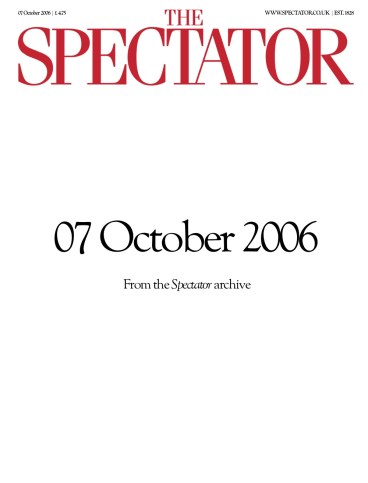A voice crying in the wilderness
Richard Dawkins is an evangelical. The cover of this book, with its red explosion and large writing, reminds one of those popular volumes by Protestant pastors which purport to prove that JESUS IS ALIVE. Dawkins has all the fervour and anger of such persons, and their well-meaning puzzlement that so many cannot see what to

